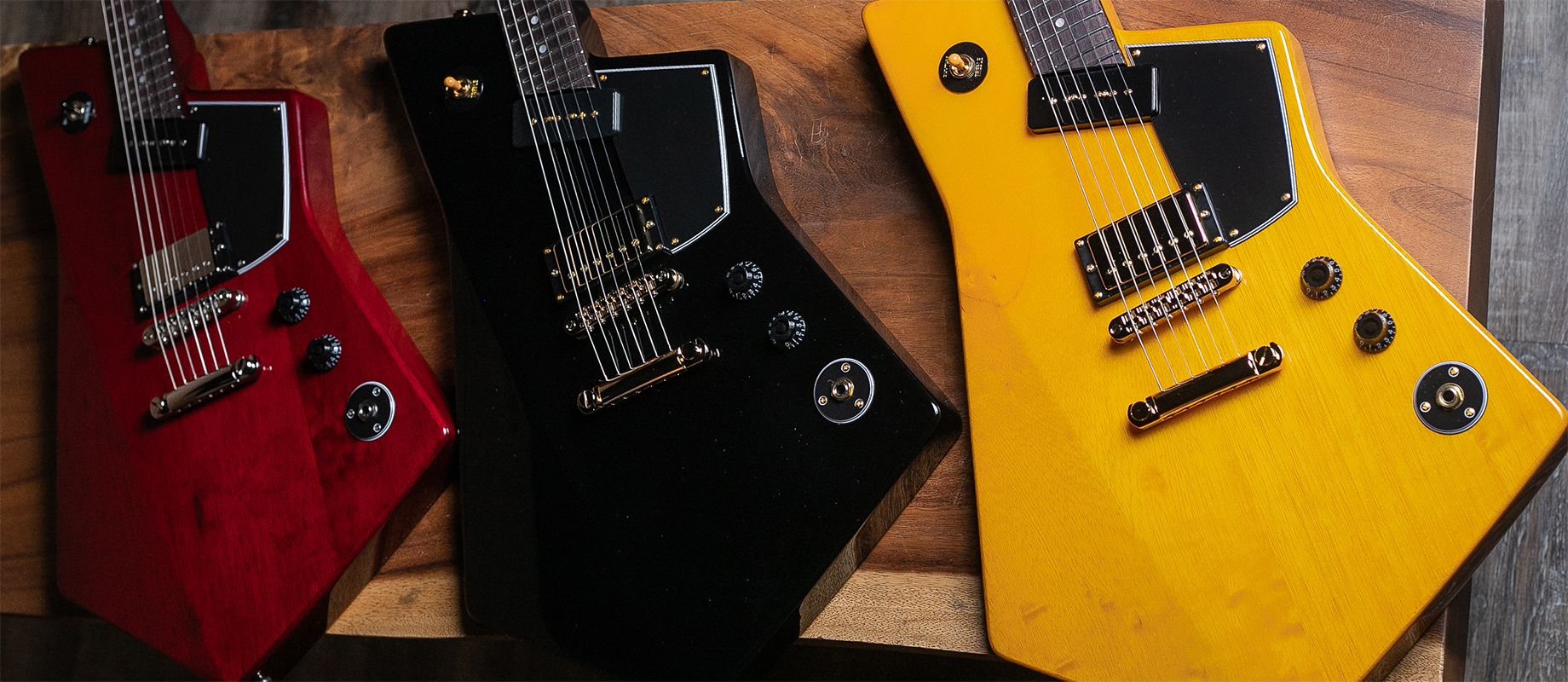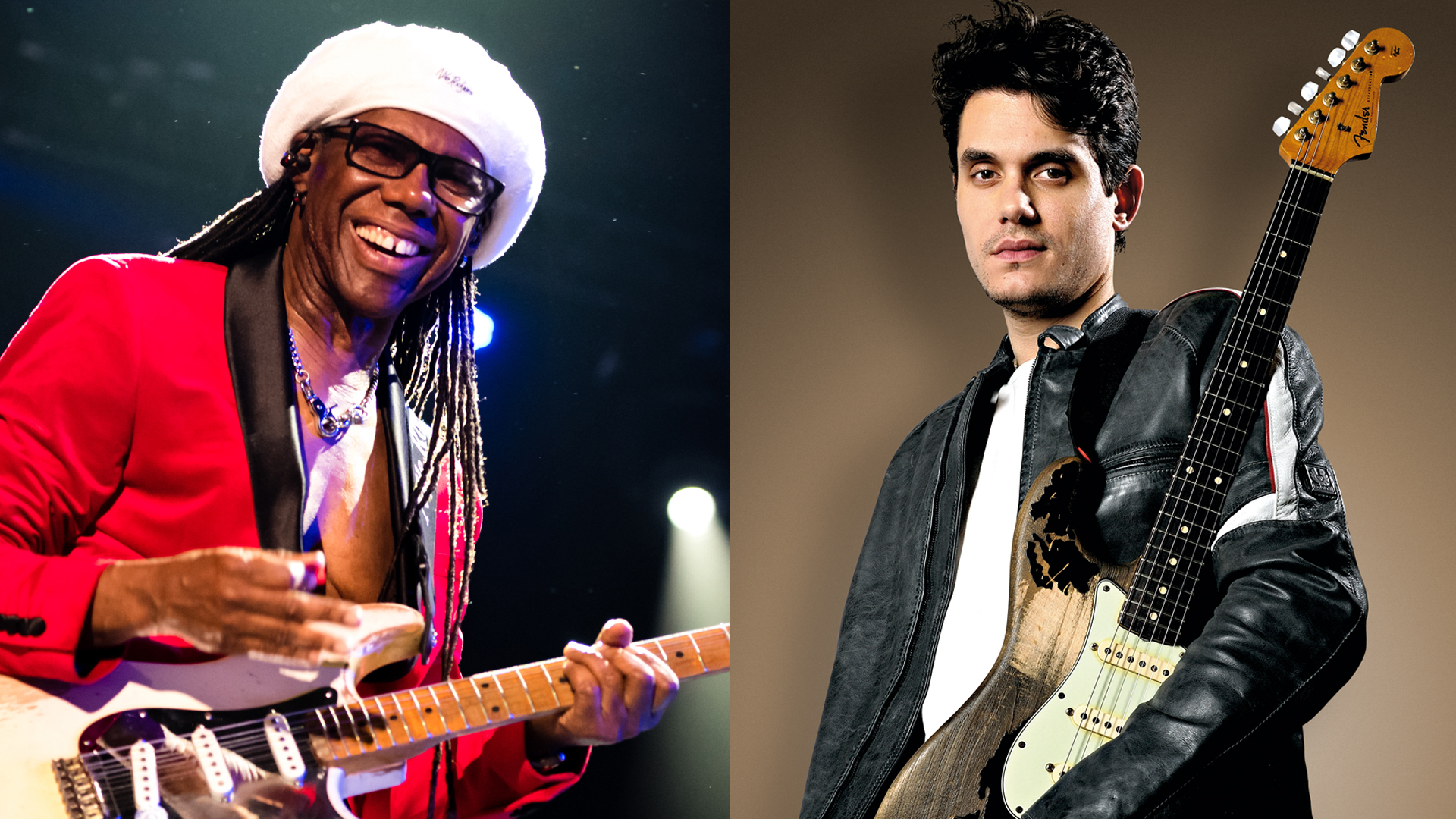GuitarPlayer Verdict
Stylish and unique looking, the Quadrata reveals yet another original Rivolta personality that can get heavy when you want it, but also presents the nuance, clarity and character for textural or atmospheric indie- and alt-rock.
Pros
- +
A stylishly original take on the retro rock axes
- +
Well built for the price
- +
Impressive tonal versatility
Cons
- -
The bridge pickup is somewhat less characterful than the other positions.
You can trust Guitar Player.
Several guitar makers have told me how hard it is to design something that looks new and yet isn't so radical that it turns off players. Dennis Fano has cleared that hurdle more than most. He's successfully brought one “original, yet classic” guitar design after another to the market, first under his eponymous brand and more recently via Novo Guitars and its offshore offshoot, Rivolta.
Designed at the Novo headquarters in Nashville, Rivoltas are manufactured at a long-established guitar factory in South Korea to allow a price point well below that of the parent company’s American-made guitars. Yet nothing whatsoever about this new model says “cheaper build” when you lift it from the hefty Rivolta hardshell case.
A member of the new Forma series, the Quadrata looks much like a long-lost member of Gibson’s Modernist series of 1957, a range that included the Flying V, Explorer and the unreleased Moderne. Despite the chunky, angular body’s radical lines, the results are somehow old-school, resolutely retro-rock and therefore oddly easy to assimilate.
It’s a big body, too, much in the way a Firebird or a Jazzmaster is big, and to be honest they might have more accurately called it the Septada or Octada, given the squared-off design’s seven or eight sides (depending on how you count the upper and lower “horns”). Regardless, it somehow resides in that rare camp of “odd yet familiar.” Which is to say, it works.
Despite the size, Rivolta’s use of lightweight Simarouba wood for both the body and glued-in neck help bring my example in at a respectable 7.7 pounds. A sustainable timber grown in Central and South America, Simarouba is strong and resonant, and has long been used for crafting fine furniture and veneers. It shows shows great promise in the guitar world as a viable alternative to the usual go-to woods.
The Quadrata's 25-inch-scale fretboard is made from a lusciously dark slice of Indian rosewood, with pearloid-dot markers and 23½ medium jumbo frets — yes, “and a half,” the neck end being tapered to match the angle of the P-90 alongside it.
The chunky, rounded-C neck profile also suits the Quadrata’s reference points, feeling very much the ’58 Les Paul carve that also graced necks of many of the Modernist Series models. The period feel remains consistent through the 12-inch fingerboard radius, and it all terminates at a bone nut with a width of 1 11/16 inches. In a nice touch, the neck heel is sculpted for easier access of the upper frets, and Rivolta has also taken the bandsaw to the ribcage and forearm positions of the body, applying contours there for improved playing comfort.
All the latest guitar news, interviews, lessons, reviews, deals and more, direct to your inbox!
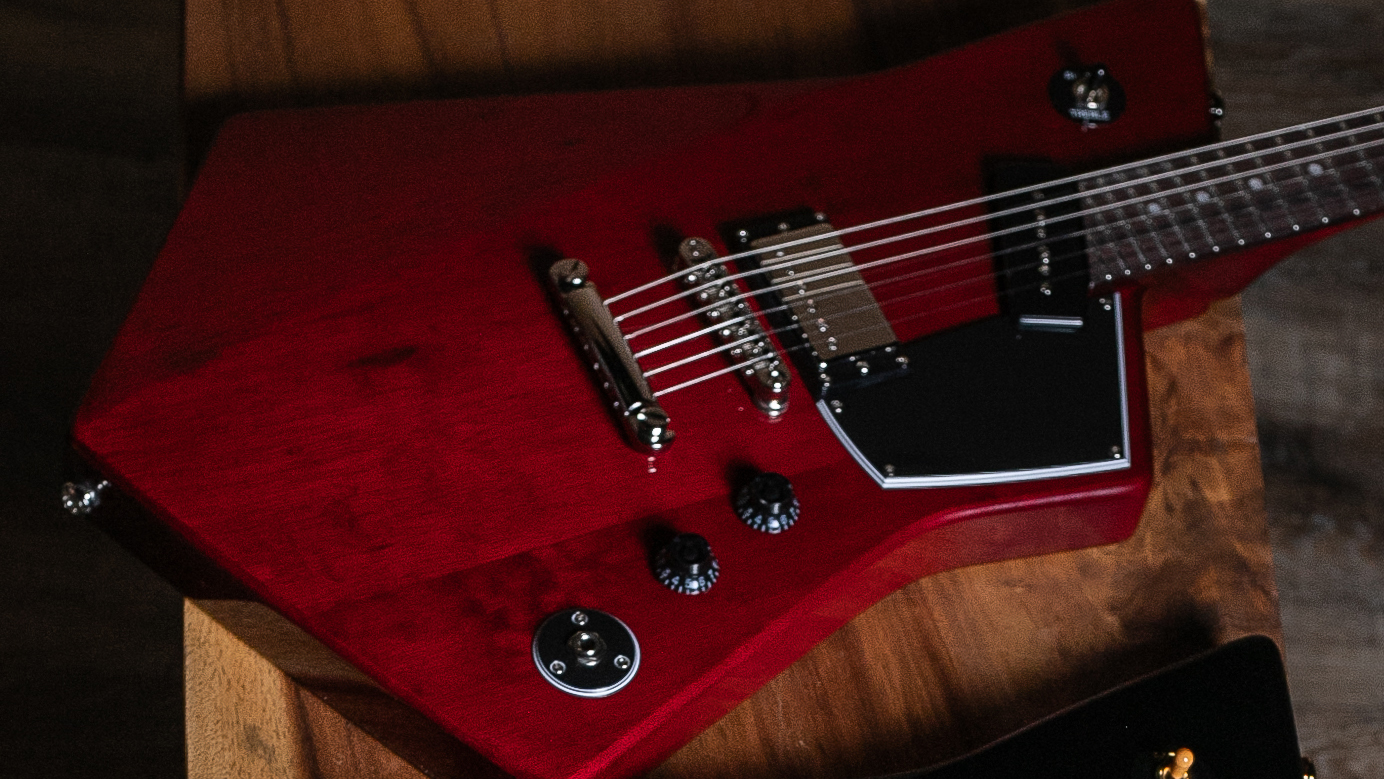
The neck back, headstock and body are all finished in gloss Toro Black, classily complemented by gold-plated hardware (the other finish options, Ciliegia Red and Miele Amber (i.e. honey) get chrome). Four-ply black plastic stock completes the picture for pickguard, truss-rod cover and jack plate.
Hardware includes a Nashville-style Tune-o-matic bridge and stopbar tailpiece, and Wilkinson vintage-style tuners with green keystone buttons. I really like the choice of broad strap buttons with flat undersides, too, which are far less likely to let go of your strap mid-song than the traditional Gibson or Fender buttons.
The Quadrata carries a mixed pair of Rivolta-made pickups that includes a Forma humbucker in the bridge position and a P90 single-coil in the neck, the latter acutely slanted to follow the lines of the would-be cutaway. Putting a meter to them, I’m encouraged to see that they aren’t the hot, overwound units that many makers might be tempted to load into a guitar like this. The humbucker tips into the upper range of PAF territory at 8.78k ohms, while the P-90 reins in the output at the lower end of the spectrum at 6.80k ohms, generally a wise move in the neck position. They are wired through a standard three-way toggle switch and master volume and tone controls.
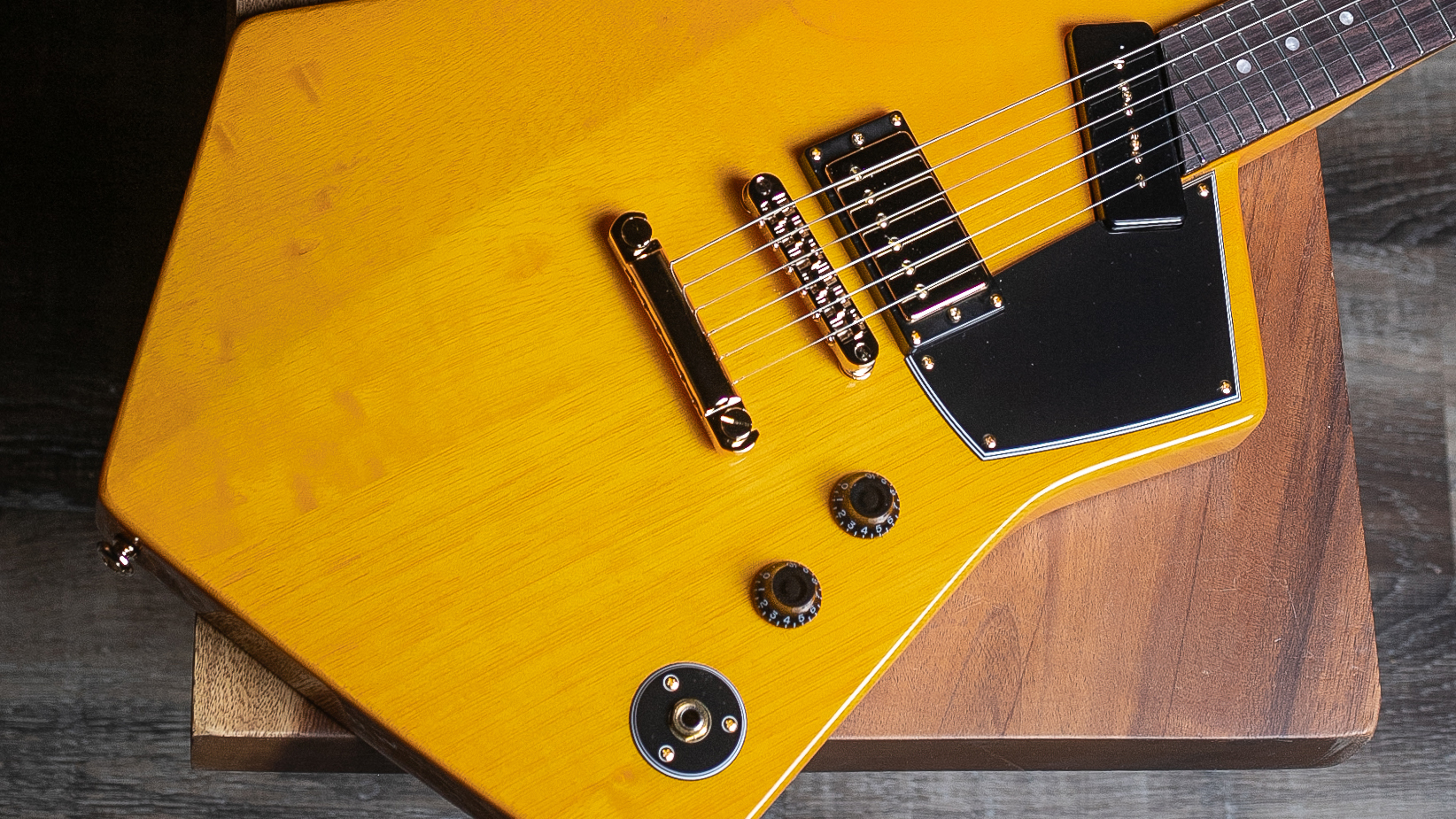
The build’s fit and finish are excellent, easily comparable to that of most guitars hitting the market in this price range, and likely better than many. Our review example’s setup was excellent right out of the case and the guitar played beautifully, benefiting from expertly dressed frets with nary a snag in sight. Tested unplugged, the Quadrata sounded rich and resonant. There’s a little neck heaviness in the balance when playing seated, but that quickly evaporates with the left hand in position on the neck, and was a nonissue with the guitar strapped up.
Tested through a tweed Deluxe-style 1x12 combo, a Vox-ish 65amps London head and 2x12 cab, and several favorite patches on a Fractal FM9 modeler, the Quadrata playing experience is broadly akin to that of a similarly chunky Explorer or Flying V. I wouldn’t say the Simarouba has quite the same tonal response as Korina, but it’s in the ballpark, and the gutsy delivery and muscular punch are there in spades.
One interesting discovery I made early in the play-through, however, was just how differently the Quadrata reacts in different pickup selector-switch positions. From unexpectedly jangly in the neck position, to twangy in the middle, to throaty in the bridge, there were some fun surprises.
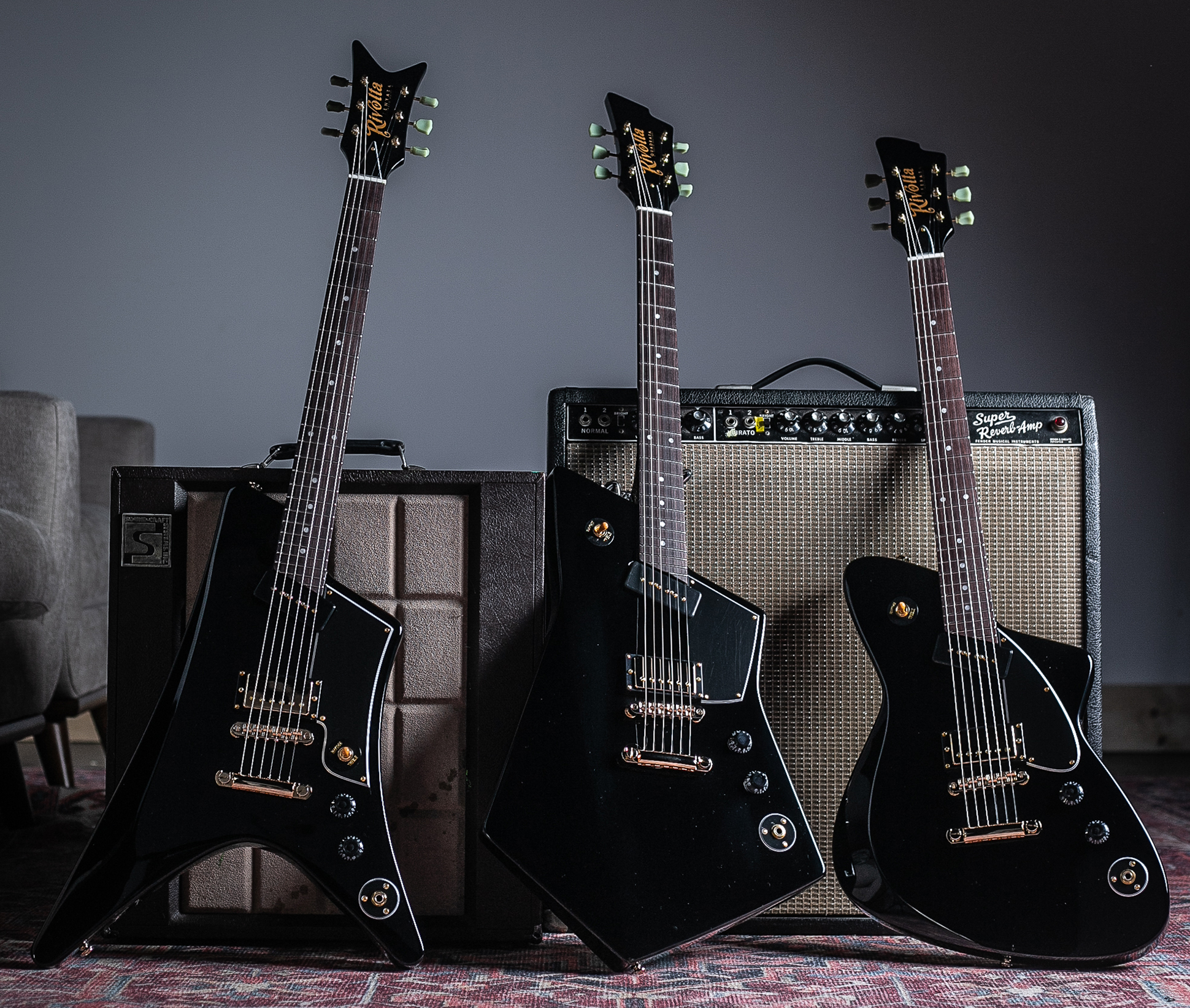
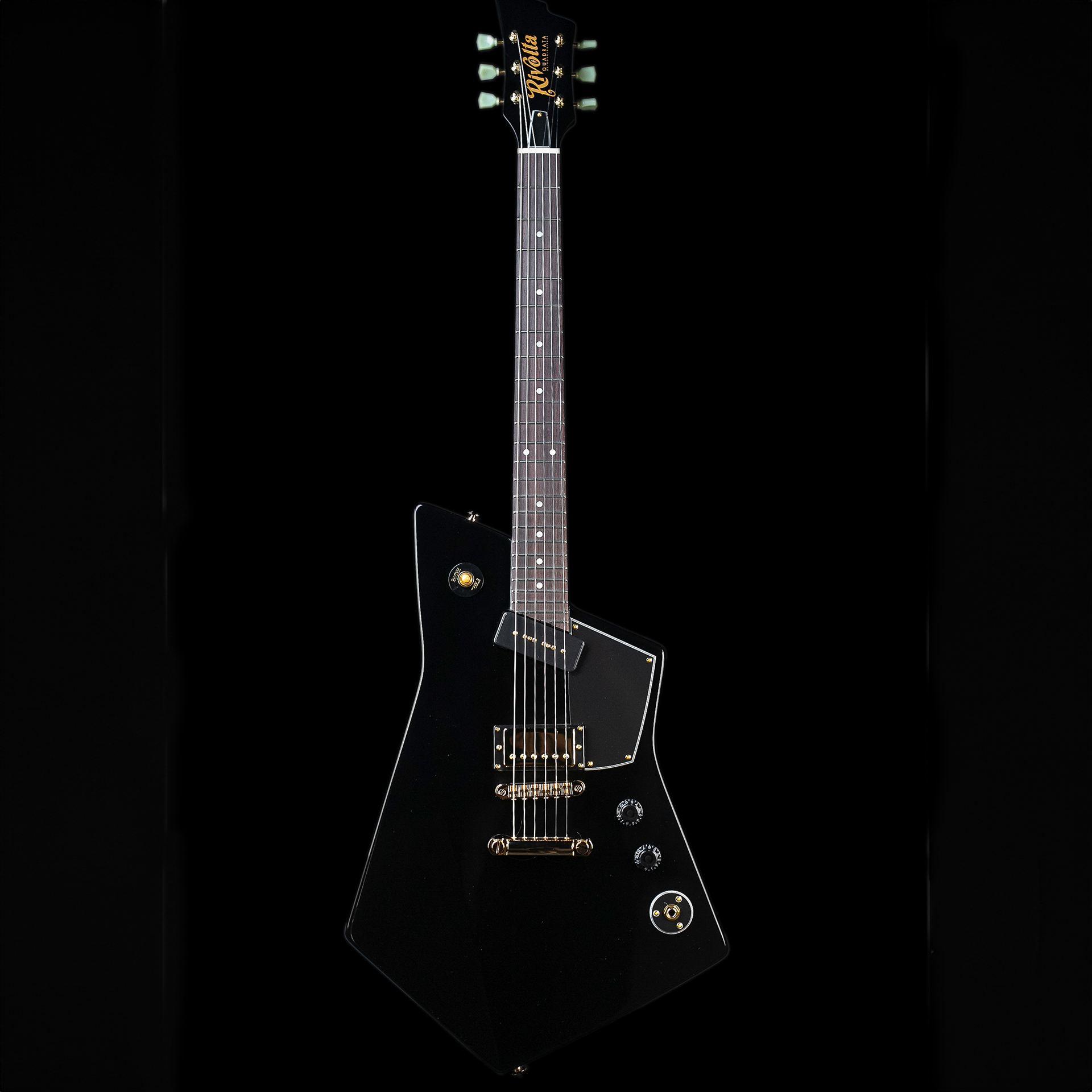
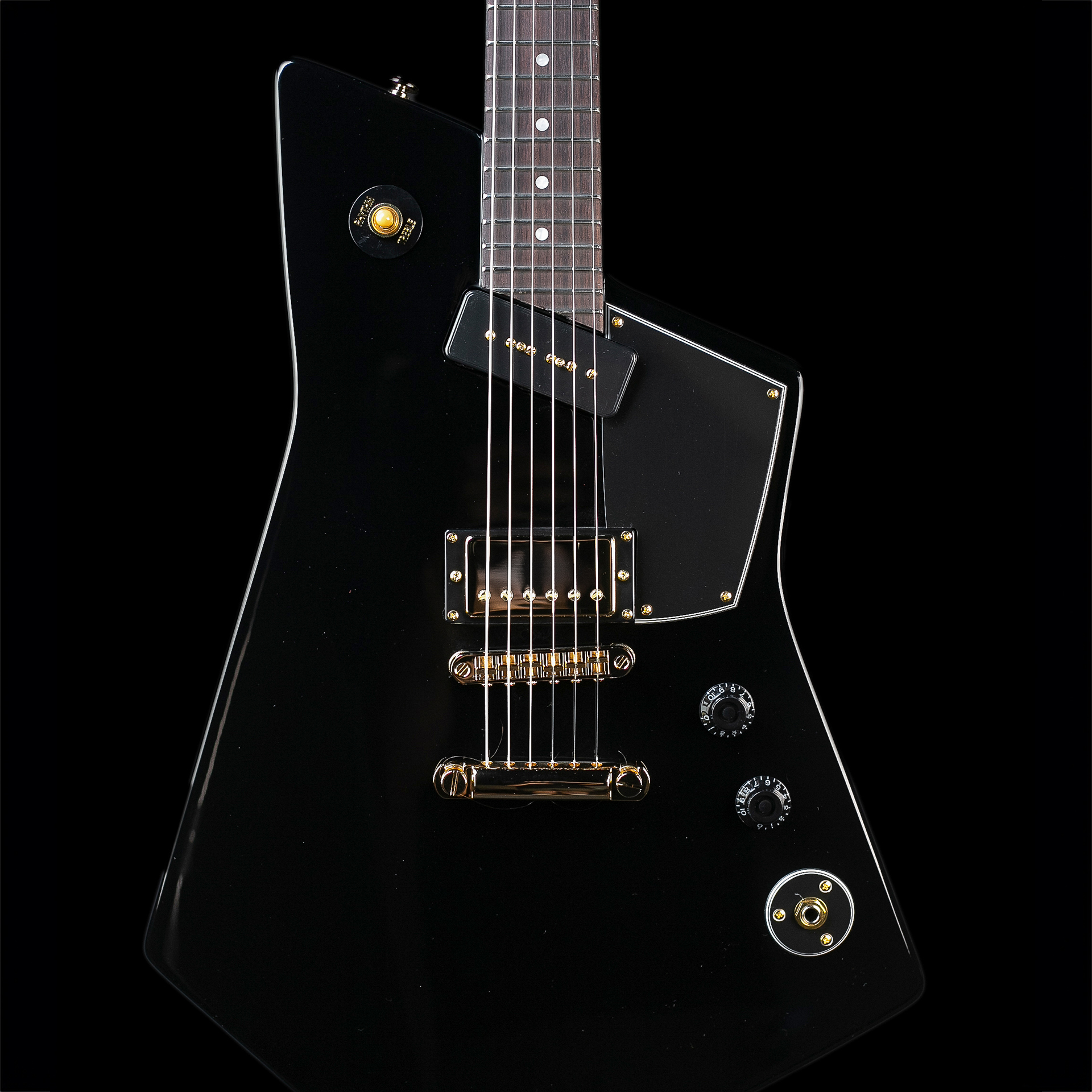
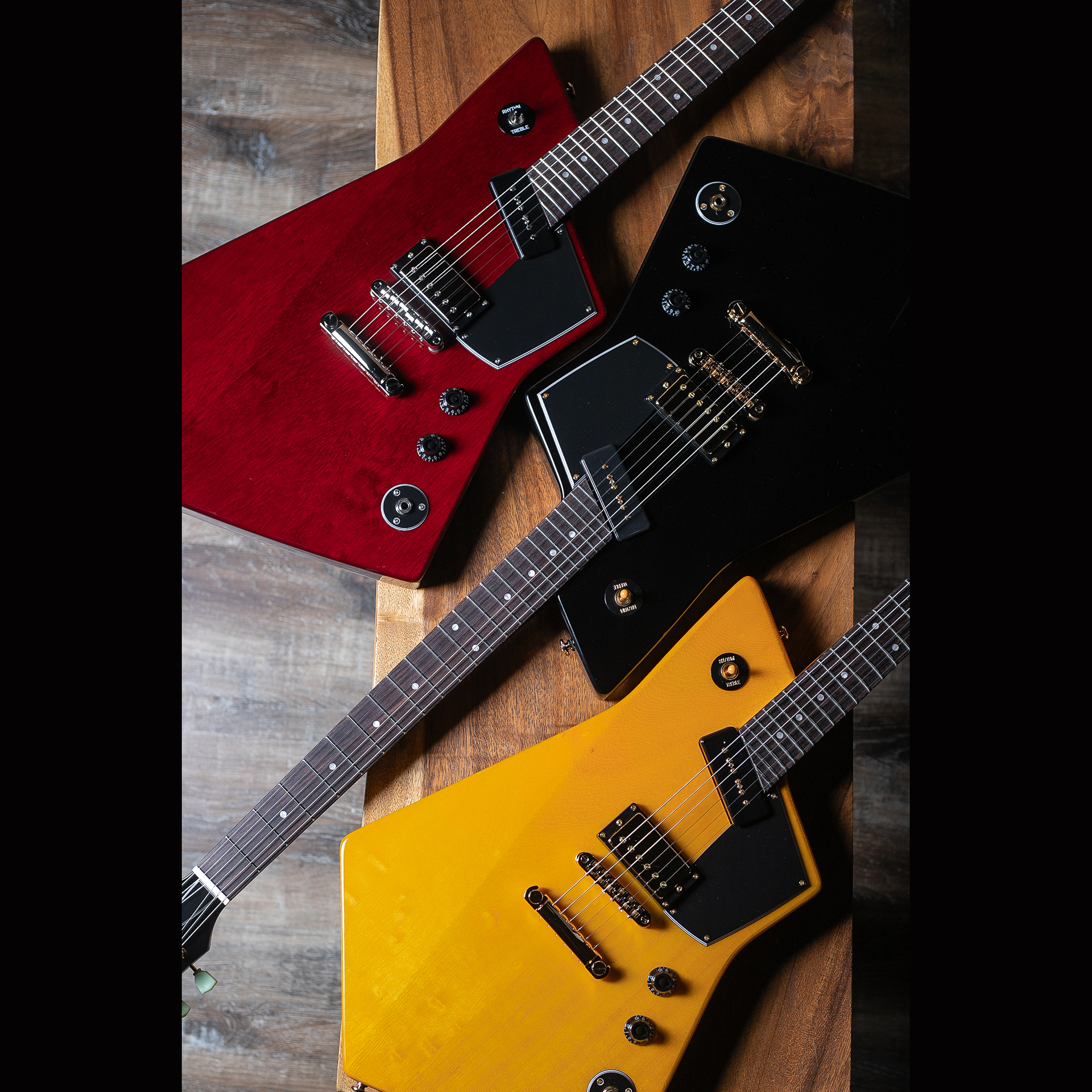
Lead-wise, for my ears, the juicy stuff was happening at the neck pickup: plummy, round and warm, yet also lively and articulate, with more sparkle than you often hear from this position. It’s a real delight both clean and overdriven. One notch down on the selector delivered an enjoyably infectious middle position, which almost approached the chime of a good single-coil bridge pickup but with a little more openness to it and slightly more girthy, too.
The humbucker in the bridge position unveiled a good midrange punch both through low-gain overdrive and high-gain distortion, where it really starts to sing. Into a clean or edge-of-breakup amp. That said, it’s a tad nasal and one dimensional, and lacks the lively high-end sizzle you expect to unleash when flipping the selector downward. Such is often the case with OEM humbuckers in the price range, to be fair, and this is not to say it’s a “bad” option at all. Show it a little dirt at the amp or via a drive pedal and it will certainly rock, and the resultant breakup enables a little more high-end bite to help it cut through as well.
Stylish and unique in the looks department, the Quadrata reveals another original Rivolta personality that can get heavy when you want it to. But it also presents a nuance, clarity and character that will appeal to textural or atmospheric indie- and alt-rockers. Which is to say, it’s simply one cool guitar from one of the hippest builders working these past two decades.
SPECIFICATIONS
CONTACT RivoltaGuitars.com
PRICE $1,699 street
NUT Bone, 1 11/16" wide
NECK Simarouba, 25" scale length, full-C profile
FRETBOARD Rosewood, 12" radius
FRETS 23 ½ medium-jumbo
TUNERS Wilkinson vintage-style
BODY Solid Simarouba
BRIDGE Nashville-style tune-o-matic bridge and stopbar tailpiece
PICKUP Rivolta Forma humbucker and P-90
CONTROLS Volume and Tone controls, three-way switch
FACTORY STRINGS D’Addario OEM .010-.046 (non-colored ball ends)
WEIGHT 7.7 lbs
BUILT (country of origin) South Korea
KUDOS A stylishly original take on the retro rock axes, the Quadrata is well built for the price and offers impressive versatility of tone.
CONCERNS The bridge pickup is somewhat less characterful than the other positions.
Dave Hunter is a writer and consulting editor for Guitar Player magazine. His prolific output as author includes Fender 75 Years, The Guitar Amp Handbook, The British Amp Invasion, Ultimate Star Guitars, Guitar Effects Pedals, The Guitar Pickup Handbook, The Fender Telecaster and several other titles. Hunter is a former editor of The Guitar Magazine (UK), and a contributor to Vintage Guitar, Premier Guitar, The Connoisseur and other publications. A contributing essayist to the United States Library of Congress National Recording Preservation Board’s Permanent Archive, he lives in Kittery, ME, with his wife and their two children and fronts the bands A Different Engine and The Stereo Field.
